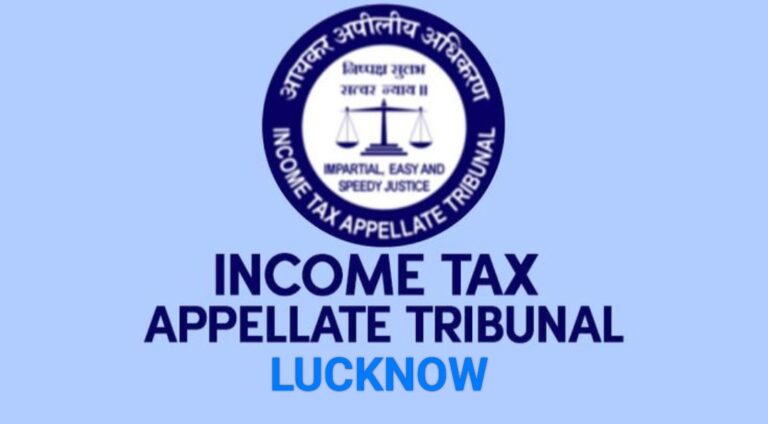The Income Tax Appellate Tribunal (ITAT), Lucknow Bench, has recently clarified an important issue concerning “entry providers” and the scope of additions under Section 68 of the Income-tax Act, 1961. In the case of ITO Vs Status Vyapaar Pvt Ltd, the Tribunal held that an entry operator cannot be taxed on the full amount of accommodation entries routed through its bank accounts; instead, only the commission income earned from such transactions is taxable. This ruling provides clarity for cases where shell entities or conduit companies are used for layering funds.
Case Background
- Assessee: Status Vyapaar Pvt Ltd, a company allegedly engaged in providing accommodation entries.
- Nature of Transactions: Large sums of money were routed through the assessee’s bank account. These funds were alleged to belong to ultimate beneficiaries seeking to introduce unaccounted money into the system.
- AO’s Action:
- The Assessing Officer invoked Section 68 (unexplained cash credits), making additions of the entire amount of entries routed through the assessee’s bank account, treating it as unexplained income of the assessee.
- The AO took the view that since the assessee failed to substantiate the identity, genuineness, and creditworthiness of the so-called creditors, the entire transaction amount should be taxed in the assessee’s hands.
- CIT(A)’s Relief: The Commissioner (Appeals) partly allowed the appeal, holding that the assessee acted merely as an entry provider. Thus, only the commission income earned for facilitating such accommodation entries should be brought to tax, not the whole sum.
- Revenue’s Appeal: The Department challenged the CIT(A)’s decision before ITAT, arguing that the entire sum is taxable under Section 68.
Key Issues
- Whether the entire amount of funds routed through the bank account of an entry provider can be taxed as unexplained income under Section 68?
- Or, should the addition be restricted only to the commission earned by the entry provider for facilitating such entries?
ITAT’s Observations
- Nature of Business: The Tribunal noted that the assessee was engaged in the business of providing accommodation entries—that is, rotating funds belonging to beneficiaries for a small commission.
- Ownership of Funds: The monies routed through the assessee’s bank accounts did not belong to the assessee; they were merely passed on to ultimate beneficiaries. The assessee was only a conduit.
- Section 68 Applicability: The core of Section 68 is to tax unexplained credits appearing in the books of the assessee as its own income. Since the assessee was not the real owner of the funds, Section 68 could not be applied to tax the full amount.
- Judicial Precedents: The ITAT relied on several rulings, including:
- CIT v. Manoj Aggarwal (2008) 113 ITD 377 (Del)(SB) – held that entry providers should be taxed only on commission.
- ITO v. Shri Bimal Kumar Damani – where similar principles were upheld.
- Taxable Component: The only real income of an entry provider is the commission earned (usually a small percentage of routed funds). Taxing the full amount would lead to unjust enrichment of the Revenue and double taxation (since ultimate beneficiaries would also be taxed).
Decision of ITAT
The ITAT dismissed the Revenue’s appeal and upheld the CIT(A)’s view that:
- Entry operators are taxable only on the commission income they earn.
- The entire sum routed through the bank account cannot be treated as unexplained cash credit under Section 68.
Significance of the Ruling
- Relief for Entry Providers: The decision protects entry providers from arbitrary taxation of huge sums that never belonged to them.
- Clarification of Law: It reaffirms the settled principle that taxation must be based on real income and not notional figures.
- Balance of Revenue Interest: While ultimate beneficiaries introducing unaccounted money remain taxable, the conduit (entry operator) is taxed only on the commission component.
- Consistency with Precedents: This decision aligns with established jurisprudence across ITATs and High Courts.
Conclusion
The ruling in ITO Vs Status Vyapaar Pvt Ltd is another reiteration of the principle that tax should be levied on real income, not on circulating funds of others. For entry operators, the only income is the commission charged for providing such entries, and taxing the entire turnover would amount to taxing money that does not belong to them.
This decision provides much-needed certainty in cases involving shell companies, paper entities, and accommodation entry providers, while ensuring that the focus of taxation remains on the true beneficiaries of unaccounted funds.
